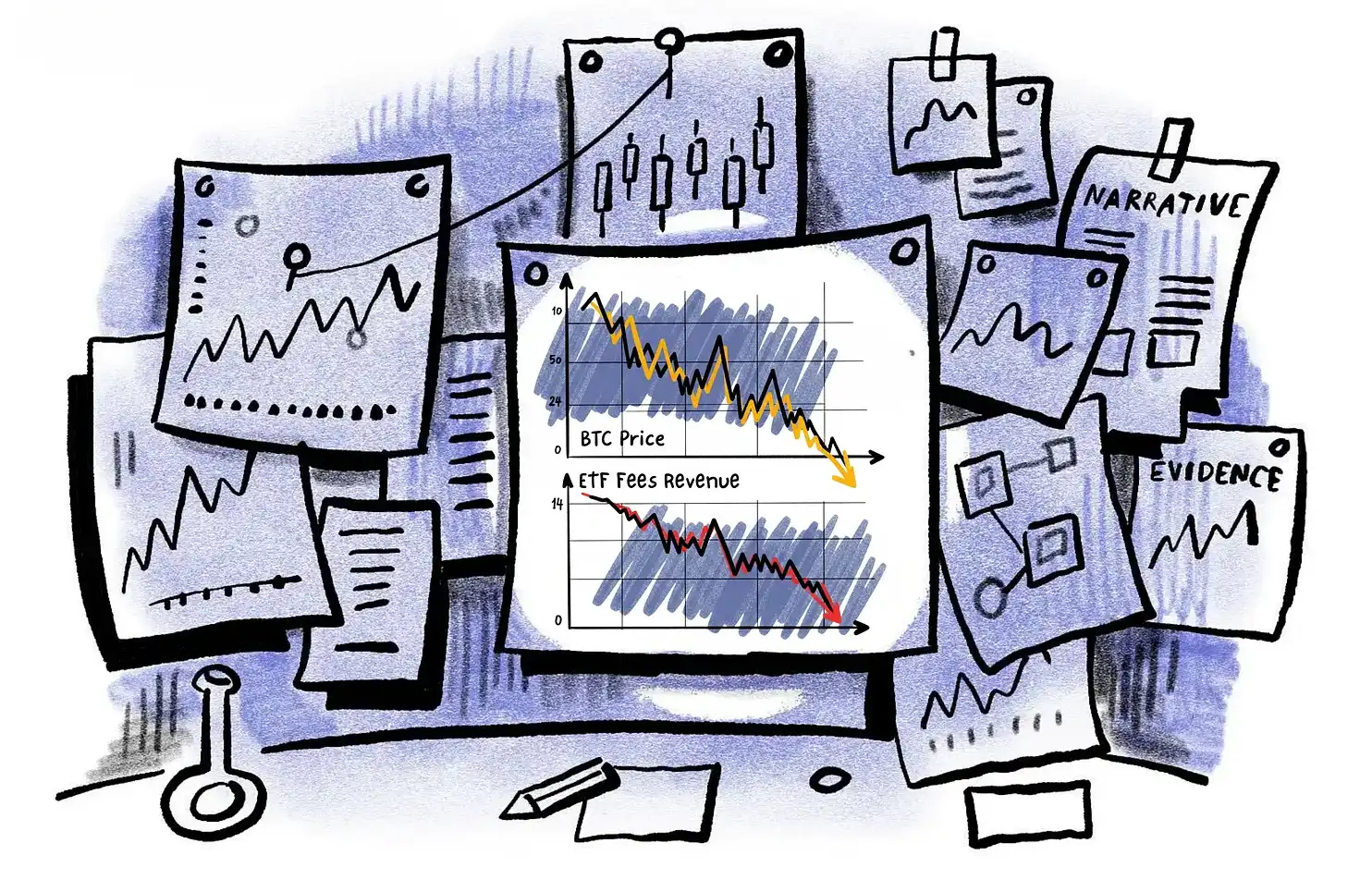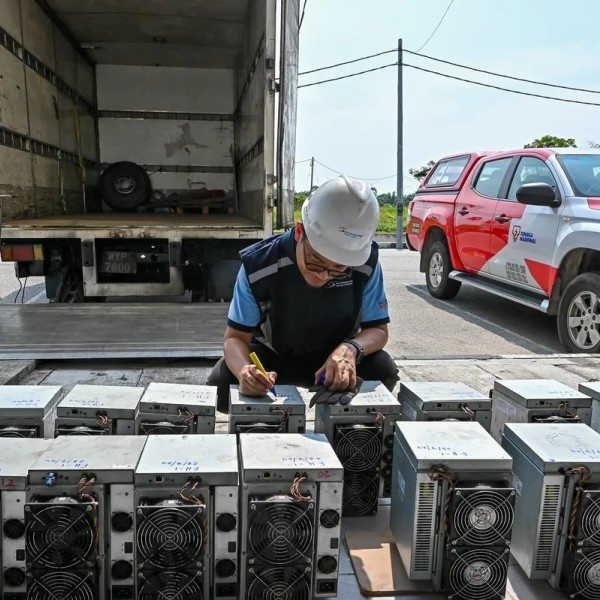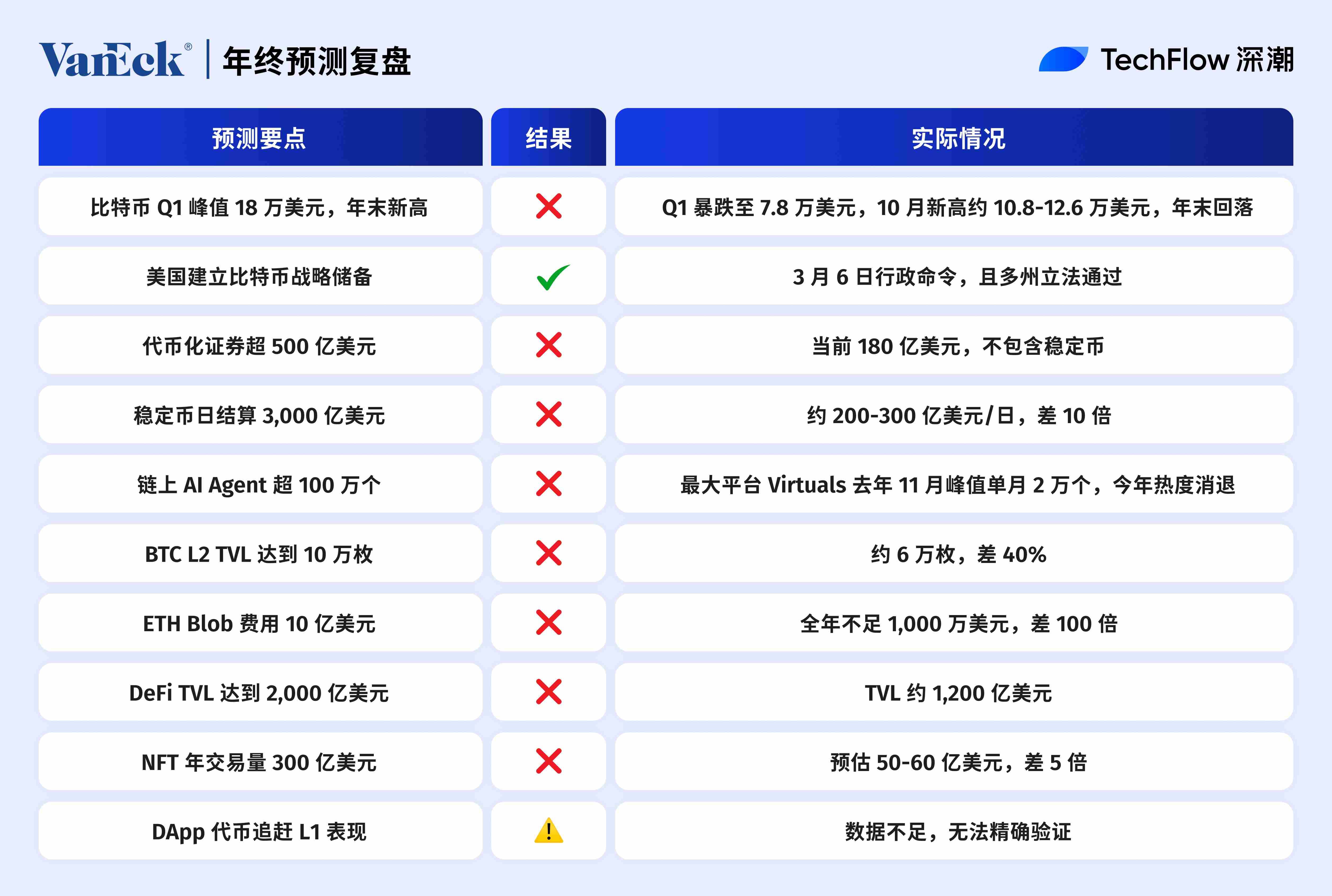Bitget’s RWA-Backed Perpetual Futures: A Strategic Leap for Bridging TradFi and DeFi
- Bitget launched RWA Index Perpetual Futures in August 2025, tokenizing major equities (AAPL, GOOGL, AMZN, META, MCD) to bridge TradFi and DeFi. - The product offers 10x leverage, 24/5 trading, and USDT settlement, democratizing global market access while aggregating liquidity from multiple issuers. - By partnering with third-party issuers and enabling cross-border access (e.g., Nigeria’s xStocks), Bitget reduces entry barriers for retail investors compared to traditional equity futures. - Risks include r
Bitget’s launch of RWA (Real-World Asset) Index Perpetual Futures in August 2025 marks a pivotal moment in the convergence of traditional finance (TradFi) and decentralized finance (DeFi). By tokenizing major equities—Apple (AAPL), Alphabet (GOOGL), Amazon (AMZN), Meta (META), and McDonald’s (MCD)—Bitget has created a product that not only democratizes access to global markets but also redefines liquidity and risk management in derivatives trading [1]. The strategic inclusion of these equities, spanning technology, e-commerce, social media, and fast food, ensures broad market representation and diversification [3].
Strategic Rationale: Diversification and Market Access
The selection of AAPL , GOOGL , AMZN , META, and MCD is no accident. These companies are among the most liquid and influential in their sectors, offering a blend of growth and stability. For instance, AAPL and AMZN dominate e-commerce and tech innovation, while MCD represents a resilient consumer staple [3]. By aggregating tokenized indices from multiple third-party issuers, Bitget ensures dynamic pricing and reduces reliance on any single market source, mitigating systemic risks [5]. This approach mirrors the mechanics of crypto perpetual contracts but introduces real-world asset exposure, appealing to both retail and institutional investors [1].
Market Mechanics: Leverage, Liquidity, and Risk Mitigation
Bitget’s RWA Index Perpetual Futures operate with 10x leverage, isolated margin mode, and 24/5 trading (UTC-4), with mark prices frozen during weekends and holidays to prevent liquidations [1]. This structure balances flexibility with risk control, a critical factor for on-chain derivatives. The use of USDT as the settlement asset and a tick size of 0.01 further enhances accessibility for smaller traders [5]. Compared to traditional equity futures, which often require complex brokerage accounts and have rigid trading hours, Bitget’s product lowers entry barriers and enables 24/5 exposure to global equities [2].
Comparative Advantages Over Traditional Markets
Traditional equity markets face limitations in liquidity, geographic access, and capital requirements. Bitget’s RWA perpetuals address these gaps by:
1. Liquidity Aggregation: Sourcing prices from multiple issuers ensures fairer pricing and deeper liquidity pools [5].
2. Democratization: Retail investors can now trade leveraged positions in blue-chip stocks without institutional intermediaries [1].
3. Cross-Border Accessibility: Partnerships like the one with xStocks in Nigeria allow emerging market investors to access U.S. equities via tokenized derivatives [4].
However, the product’s success hinges on adoption rates and price correlations with traditional markets. While Bitget’s CEO, Gracy Chen, highlights the potential to reshape global capital flows [4], quantitative metrics such as trading volume and liquidity depth remain undisclosed in current reports. This lack of data raises questions about the product’s ability to scale and compete with established equity futures markets.
Risks and Considerations
Despite its innovation, Bitget’s RWA perpetuals face challenges. Regulatory scrutiny of tokenized assets could delay expansion, and the reliance on third-party issuers introduces counterparty risk [5]. Additionally, the 10x leverage cap, while prudent, may deter traders seeking higher-risk exposure. The absence of real-time performance data also limits the ability to assess how these contracts track their underlying equities [6].
Conclusion
Bitget’s RWA Index Perpetual Futures represent a bold step toward integrating TradFi and DeFi. By tokenizing major equities and leveraging blockchain’s efficiency, the platform addresses longstanding inefficiencies in traditional markets. However, the product’s long-term strategic value will depend on its ability to attract liquidity, maintain price alignment with traditional assets, and navigate regulatory hurdles. For investors, this innovation offers a glimpse into a future where on-chain derivatives bridge the gap between global markets and decentralized ecosystems.
Source:
[1] Bitget Bridges TradFi and DeFi With First RWA Index Perpetuals, https://www.bitget.com/news/detail/12560604935377
[2] Bitget Launches World's First RWA Index Perpetual Contract, https://www.bitget.com/blog/articles/bitget-launches-rwa-index-perpetual-contract-2025
[3] Bitget Lists AAPL, GOOGL, AMZN, META, MCD RWA Index Perpetual Futures
[4] Blockchain Bridges Worlds as Bitget Launches First RWA Index Perpetuals
[5] Bitget RWA Index Perpetual Futures, https://www.bitget.com/academy/rwa-futures
Disclaimer: The content of this article solely reflects the author's opinion and does not represent the platform in any capacity. This article is not intended to serve as a reference for making investment decisions.
You may also like
With capital outflows from crypto ETFs, can issuers like BlackRock still make good profits?
BlackRock's crypto ETF fee revenue has dropped by 38%, and its ETF business is struggling to escape the cyclical curse of the market.

Incubator MEETLabs today launched the large-scale 3D fishing blockchain game "DeFishing". As the first blockchain game on the GamingFi platform, it implements a dual-token P2E system with the IDOL token and the platform token GFT.
MEETLabs is an innovative lab focused on blockchain technology and the cryptocurrency sector, and also serves as the incubator for MEET48.

Electricity theft exceeds $1 billion, Malaysian bitcoin miners face severe crackdown
In Malaysia, the crackdown on illegal bitcoin mining gangs has turned into a game of cat and mouse.

2025 Crypto Prediction Review: 10 Institutions, Who Got It Wrong and Who Became Legends?
We can consider these predictions as indicators of industry sentiment. If you use them as an investment guide, the results could be disastrous.

Trending news
MoreWith capital outflows from crypto ETFs, can issuers like BlackRock still make good profits?
Incubator MEETLabs today launched the large-scale 3D fishing blockchain game "DeFishing". As the first blockchain game on the GamingFi platform, it implements a dual-token P2E system with the IDOL token and the platform token GFT.